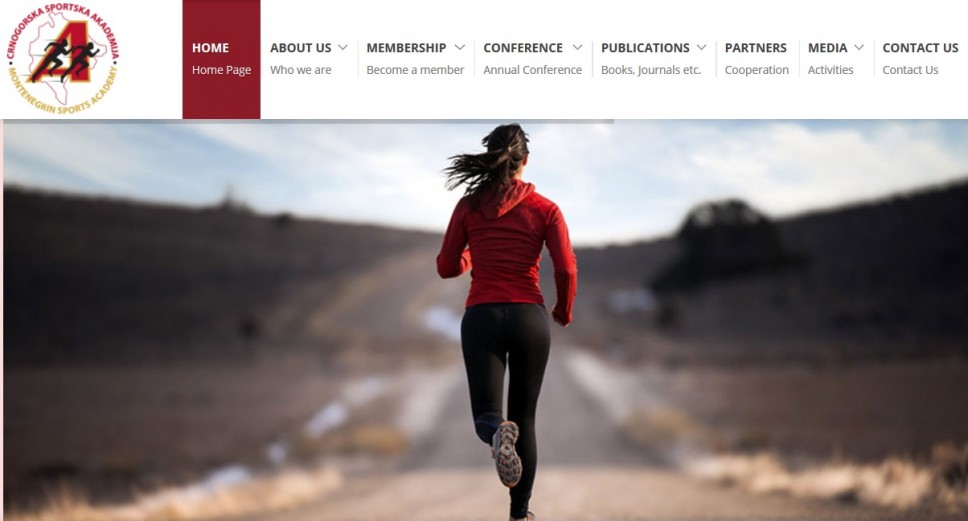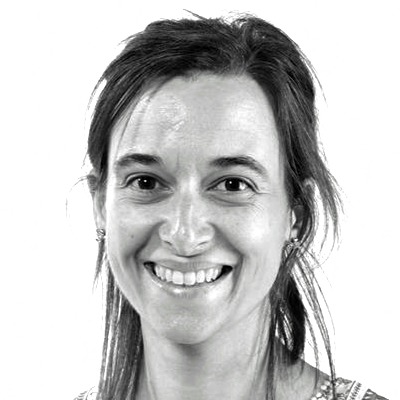Najbolja žena u nauci CSA konferencije: Nauka će se baviti pandemijom koja mijenja način života

Profesorica Marlena Rosa, koja je proglašena za najbolju ženu u nauci, na nedavno održanoj međunarodnoj konferenciji Crnogorske sportske akademije, po prvi put je učestvovala u tradicionalnom naučnom skupu koji svake godine okuplja oko 200 naučnika iz cijelog svijeta. Doduše, u prvom njenom onlajn izdanju, profesorica Univerziteta u Leiriji iz Portugalije, usljed situacije izazvane virsuom COVID 19, pratila je konferenciju iz svog doma.
Istraživanja kojima se profesorisa Rosa bavi se uvijek tiču primijenjenih studija za zdravlje ranjive populacije, poput ljudi sa hroničnim bolestima. Sa njom smo razgovarali o naučnom radu u vremenu pandemije, saradnji sa kolegama iz drugih zemalja, kao i utisicima i stečenoj nagradi na CSA konferenciji.
UCG: Š ta je, po vama, skrenulo pažnju kolega na konferenciji Crnogorske sportske akademije da vas nagrade kao najbolju ženu u nauci?
ta je, po vama, skrenulo pažnju kolega na konferenciji Crnogorske sportske akademije da vas nagrade kao najbolju ženu u nauci?
ROSA: Ovo je prvi put da sam učestvovala na konferenciji Crnogorske sportske akademije. Smatrala sam da su njeni ciljevi i teme vrlo aktuelni i značajni za populaciju s kojom svakodnevno sarađujem.
Studija koju sam predstavila opisala je rezultate primjene tradicionalnih igara kod starije populacije sa Parkinsonovom bolešću, mjereći uticaj na one koji brinu o njima.
Prepoznavanje ovog projekta nagradom za najbolju ženu u nauci CSA konferencije ojačaće njegovu vjerodostojnost na međunarodnom nivou Veoma sam ponosna na ovo priznanje, a vjerujem da je ono ishod misije i istraživanja posvećenom inovacijama u brizi za najugroženije starije osobe.
UCG: Šta vam sada, u ovim vremenima globalne izolacije, zaokuplja pažnju u domenu naučnog rada na vašem Univerzitetu?
ROSA: Dane provodimo u restrukturiranju novih onlajn strateških savjetovanja za hronično bolesne pacijente, s posebnim naglaskom na ljude s demencijom i Parkinsonovom bolešću, kao i na njihove njegovatelje. U ovom trenutku redefinišemo našu strategiju za razvoj programa psihomotorne stimulacije, uglavnom koristeći internet konsultantske metodologije. Naš projekt (www.agilidades.pt ) nije stao, ali se zasigurno suočava s novom fazom.
UCG: Kakvo je iskustvo onlajn komunikacije s kolegama na polju nauke?
ROSA: Komuniciranje istraživačkih radova pomoću internet alata pokazalo se kao obećavajuća strategija za naučnu razmjenu i bilo je od koristi i na CSA konferenciji. Iako su trenutne okolnosti zahtijevale prilagođavanje, čini mi se da direktni kontakti na konferencijama i kongresima, licem u lice, mogu doprinijeti umrežavanju, kao i formiranju timova i razmjenu znanja i stručnosti.
UCG: Kako vidite CSA konferenciju sljedeće godine, hoće li u sljedećem izdanju biti nekih naučnih recenzija i radova vezanih uz virus COVID 19?
ROSA: Pandemija COVID-19 ima svjetski uticaj i mijenja način života ljudi, njihovu porodičnu dinamiku, radna mjesta, pa čak i buduću profesionalnu perspektivu. Sve ove promjene imaće uticaj na kvalitet života i zdravlja ljudi. Konkretno, za rizične grupe, novi modeli za podsticanje fizičke aktivnosti su od suštinskog značaja.
Stoga, na sljedećoj CSA konferenciji smatram da bi trebalo podnijeti značajan broj naučnih prezentacija vezanih za pandemiju i njihovo izlaganje može stvoriti nova i važna znanja u ovom području.
UCG: Zašto su, po vama, značajni događaji poput CSA konferencije za nauku?
ROSA: Događaji poput CSA konferencije su od ključne važnosti za pokretanje momenata diskusije istraživača o problematikama na području fizičke aktivnosti, zdravlja i opšte dobrobiti. Ako se ovi momenti ne dogode, istraživački projekti koji se odvijaju u različitim zemljama, a vode ih različite institucije, će malo vjerojatno biti provjereni na takav intervenišući način. Kao rezultat toga, poboljšava se naučni kvalitet u specifičnoj temi konferencije Crnogorske sportske akademije.
Medijske objave:
https://makanje.me/clanak/1842

